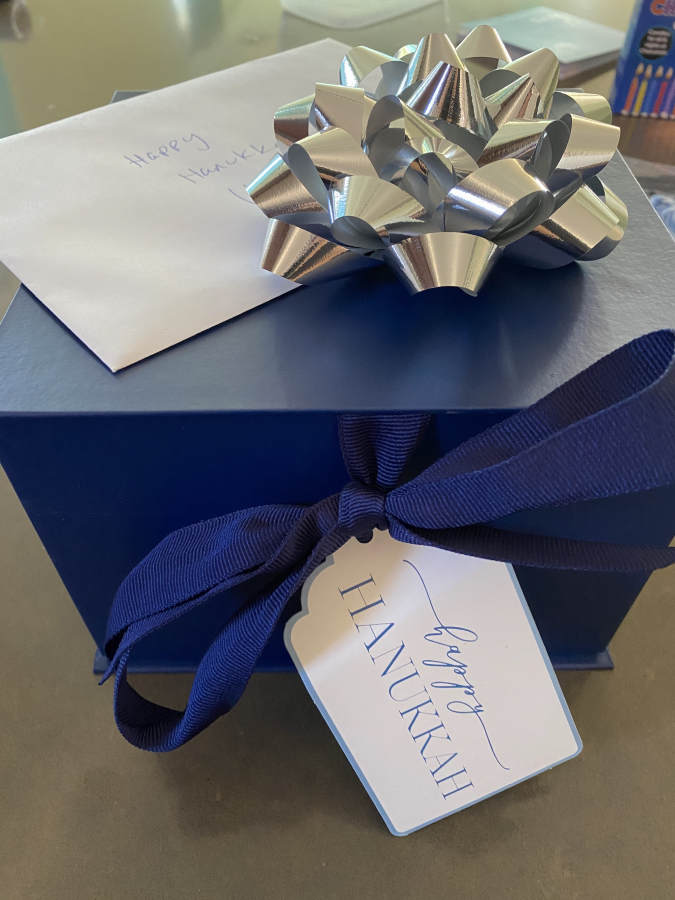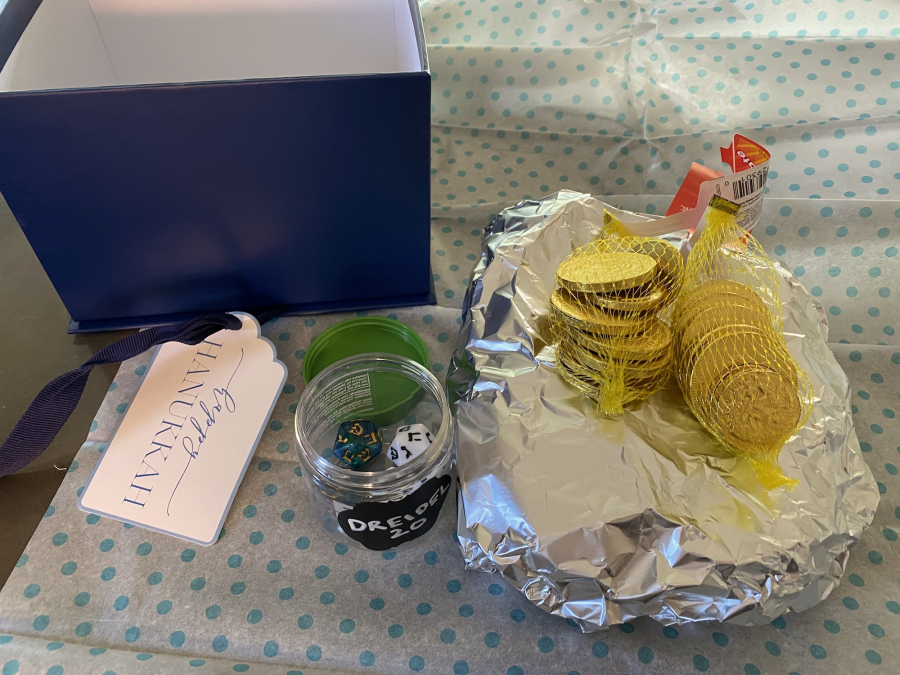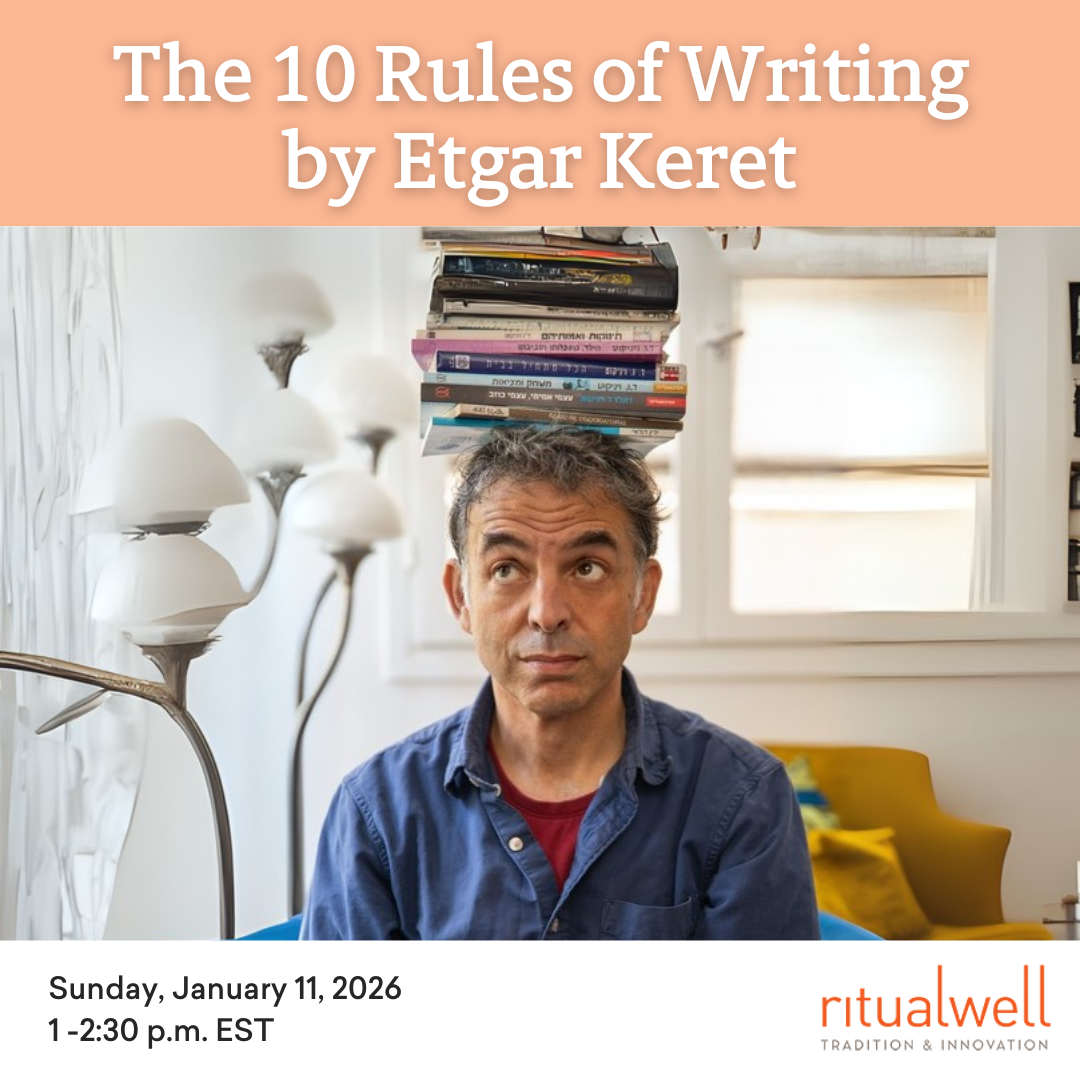We can’t celebrate together in person, but we can pass along that spirit in a gesture of connection
I love hosting Hanukkah parties. I never make my latkes in advance, because latkes taste best crisp and hot off the frying pan. I even enjoy the drama of guests oohing and ahhing, crowding dangerously close to the sizzling hot oil, as we catch up and I flip latkes. I love the simple joy of lighting candles and singing together, basking in the flickering light. I love inviting friends and neighbors, both Jewish and not Jewish, to celebrate with us, filling the house with chatter.
Needless to say, Hanukkah 2020 will not be like Hanukkahs past. This year, we’re celebrating Hanukkah during a surge in Covid cases. We also moved to a new neighborhood a few months ago, and while the community has been as welcoming as can be while social distancing, I’m sad to miss the opportunity to invite people over (let alone visit my family).

As I thought about how much I would miss hosting a Hanukkah party, I wanted to do something to connect with my neighbors. A few weeks before Hanukkah, I texted a new acquaintance, who is also new to the neighborhood and Jewish, and asked if she might want to do a Hanukkah food exchange. Latkes for sufganiyot? She enthusiastically agreed.

Frying up the pan, I made a small batch of latkes for their family of five. I wrapped the latkes up in aluminum foil, and placed them in a navy blue box. Then I decided to include a Hanukkah card and small gift for her kids. I might have gone a little overboard adding a silver bow to the box. But then again, the package I received contained some very special sufganiyot (named by Martha Stewart as one of the best in the country!). So maybe we’re all feeling that need for something “extra” to make the holidays meaningful during these dark times.
It suddenly reminded me of mishloakh manot from Purim! And why not? We can’t celebrate together in person, sharing the sensory experience of the warm, glowing candlelight and the smells of fried treats; but we can pass along that spirit in a gesture of connection, sharing food and blessing tied up in a silver bow.
What new Hanukkah rituals are you planning this year? Comment below.
Hila Ratzabi is the Executive Editor of Ritualwell.org.






